Top Gun Is The Source Of Wild Lawsuit
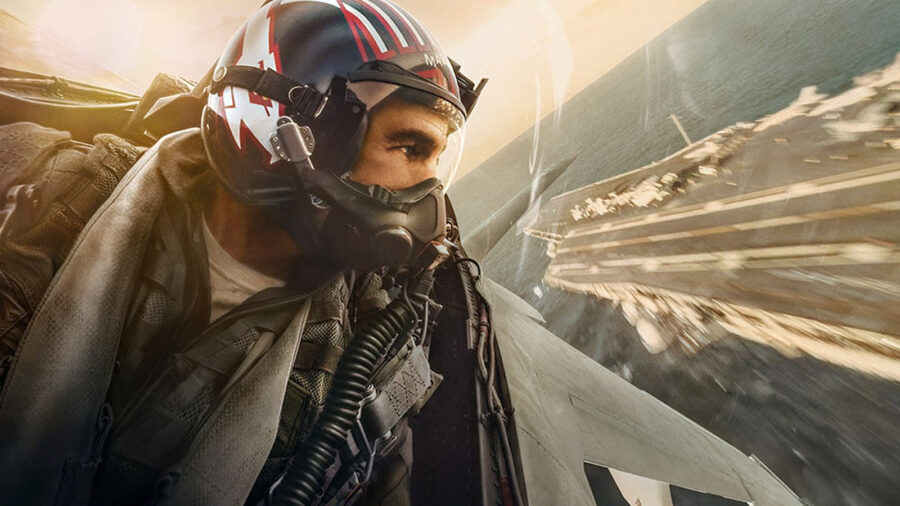
Paramount feels the need, the need for…litigation! According to The Hollywood Reporter the studio is currently in a heated battle with the heirs to the author of a 1983 magazine story on which Top Gun was based over last year’s sequel Top Gun: Maverick. Both sides are currently trying to convince a federal judge to declare them the winner.
Paramount Is Caught In A Copyright Battle Because Of Top Gun: Maverick
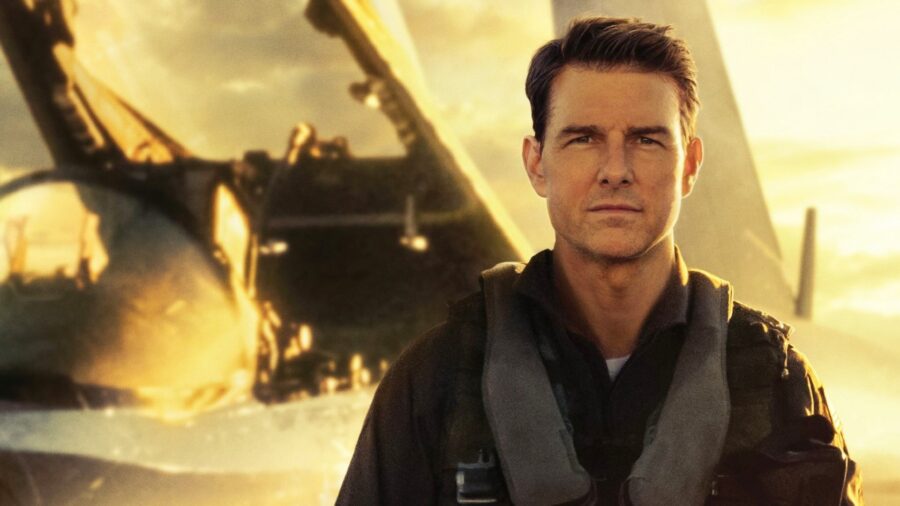
Paramount and the heirs traded arguments in a summary judgment motion filed on Monday. The arguments involve the copyrightability of certain aspects of Ehud Yonay’s article and Top Gun: Maverick director Joseph Kosinski’s inspirations for some parts of the movie alleged to infringe on the writer’s intellectual property. Yonay’s heirs Shosh and Yuval, pointed to certain scenes and plot points from Top Gun: Maverick that appear in their father’s original article but not the original Top Gun as evidence that Maverick director Joseph Kosinski pulled inspiration from Ehud Yonay’s writing.
The Scene In Question
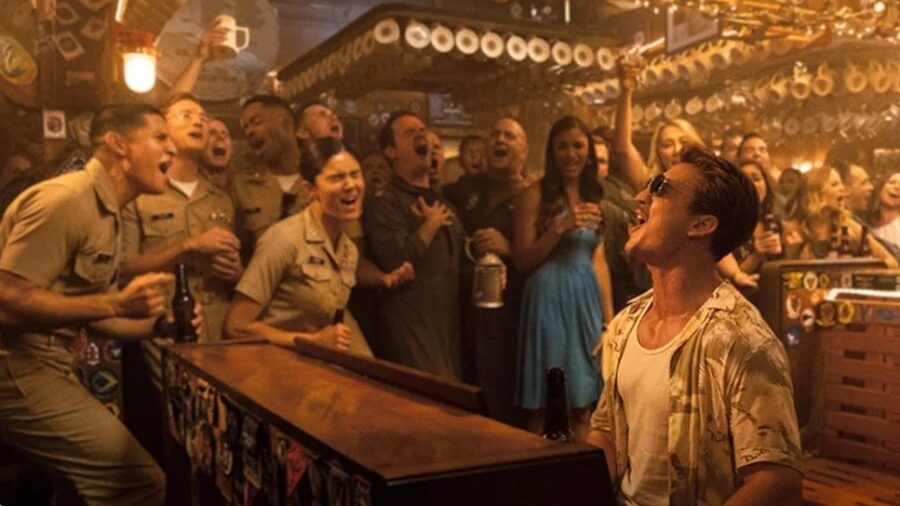
Shosh and Yuval put a scene set in a Navy base bar in which Tom Cruise’s Maverick character has to buy a round of drinks for everyone after putting his cell phone on the bar at the top of their list. Meanwhile, Paramount maintains that any similarity between the original article and scenes from Top Gun: Maverick is the result of the studio using uncopyrightable facts that it gleaned from the Navy itself about certain protocols.
Kosinski himself claims that he wrote the scene based on something that happened to him when he visited a bar on a Naval base and “invoked the Club’s ‘rules,’” requiring him to buy everyone a round of drinks.
The Magazine Article
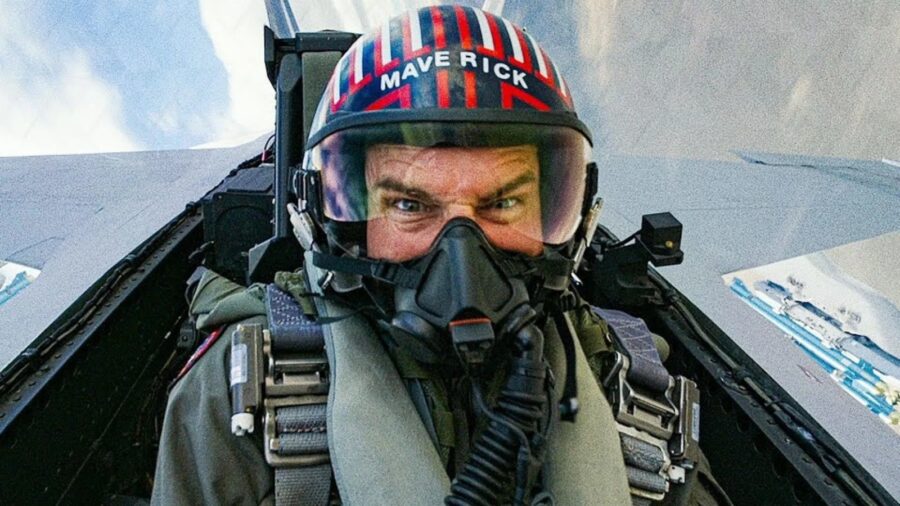
The suit was brought against Paramount last year by the Yonays after they reclaimed the rights to the California Magazine story “Top Guns” by taking advantage of a provision in U.S. copyright law. The provision allows authors to terminate licenses after waiting at least 35 years. The Yonays argued that Paramount made Top Gun: Maverick without securing a new license to use the contents of the magazine article after the rights had reverted back to them in early 2020.
Paramount fired back that it was completely within its rights to use what it claims are “uncopyrightable facts.” According to the studio, the Yonays are attempting to gain control over any stories that concern the U.S. Navy’s “Top Gun” program used to prepare fighter pilots for combat.
Paramount Asserts They Did Not Copy The Story
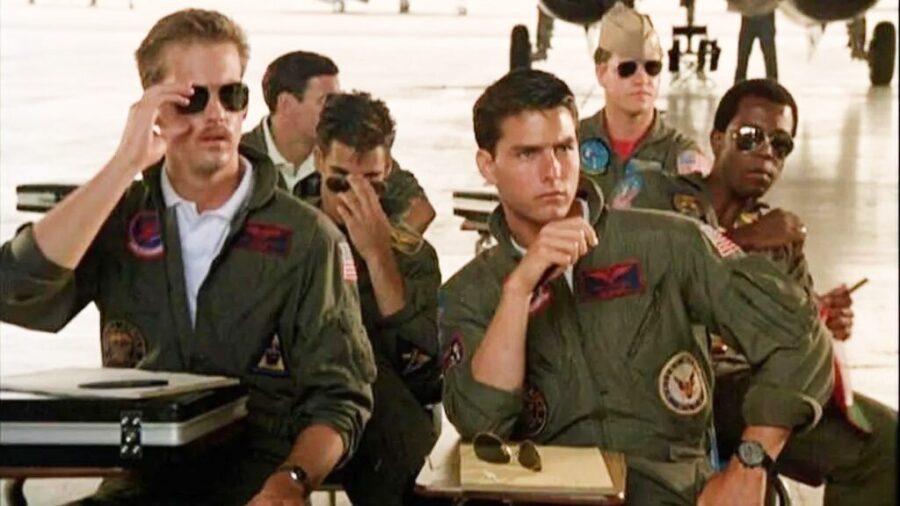
Paramount further contends that any similarities between Top Gun: Maverick and Yonay’s story are the results of overlapping facts between both works. The studio stressed that it consulted the Navy on scripts and plotlines and even vetted the accuracy of some of the movie’s technical aspects rather than using the original article for inspiration. “With the Navy’s partnership, the film hewed as closely as possible to the realities of Top Gun. What Plaintiffs claim PPC derived from the Article, it actually took from real life.” said Paramount.
Meanwhile, the Yonays claim that Paramount “long considered Yonay’s work to be an expressive copyrightable ‘story.'” up until the moment that it lost the rights to the Top Guns article. Upon the Yonays gaining the rights, Paramount did a complete 180-degree turn and no longer acknowledged a “long-held legal position it benefited from for decades.”
The Original Top Gun Is Not Part Of The Suit
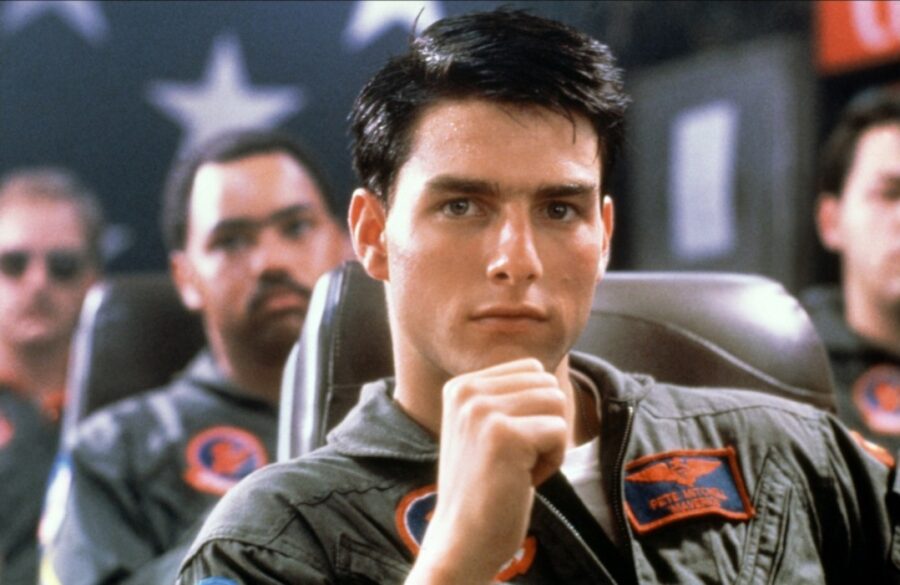
The Yonays argue that certain similarities that appear in their father’s story and Top Gun: Maverick but not the original Top Gun help to prove their claim that Paramount revised the article for inspiration when making the sequel. Paramount, of course, maintains that any overlap between Maverick and the original article—even scenes or situations that didn’t originally appear in the 1985 Top Gun—are based on plain facts that can’t be copywritten.
U.S. District Judge Percy Anderson advanced the lawsuit last year, citing that “enough alleged similarities” existed between the original story and Top Gun: Maverick to survive dismissal. Percy explained that, in his opinion, expert testimony “would aid the court in objectively evaluating similarities in cinematic techniques.”
For now, the lawsuit remains Paramount’s word against the Yonay’s.








